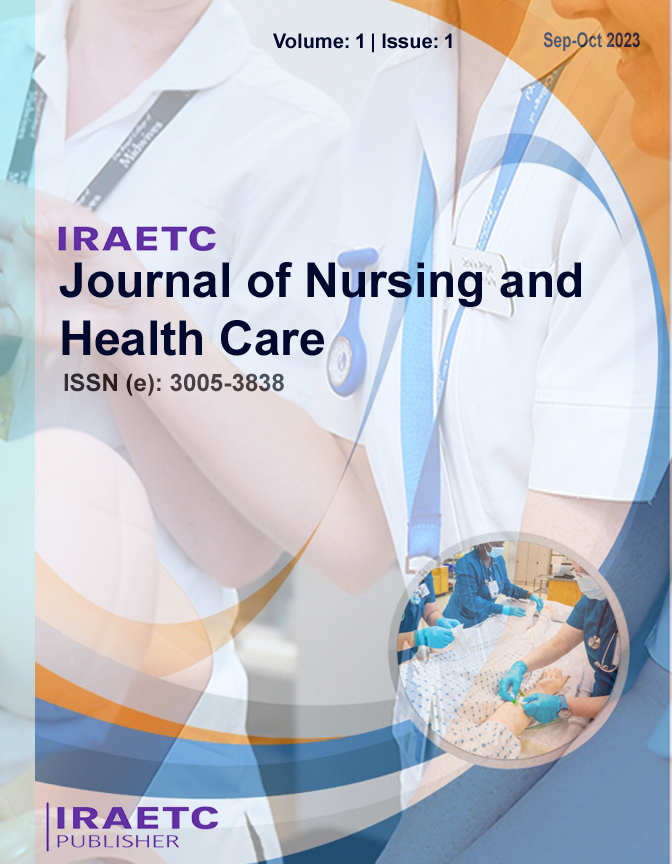Experiences of Parents with Neonates in the Neonatal Intensive Care Unit at the University Teaching Hospital, Women and Newborn’s Hospital, Lusaka, Zambia: A Case Study of the University Teaching Hospital in Lusaka District

| Experiences of Parents with Neonates in the Neonatal Intensive Care Unit at the University Teaching Hospital, Women and Newborn’s Hospital, Lusaka, Zambia: A Case Study of the University Teaching Hospital in Lusaka District |
| Hankombo Wanda, Prof. M. Maimbolwa, Bwalya Munjili, Ms. Mutinke. Zulu |
| DOI: https://doi.org/10.62469/ijnhc.v02i05.001 |
| Pdf Download |
